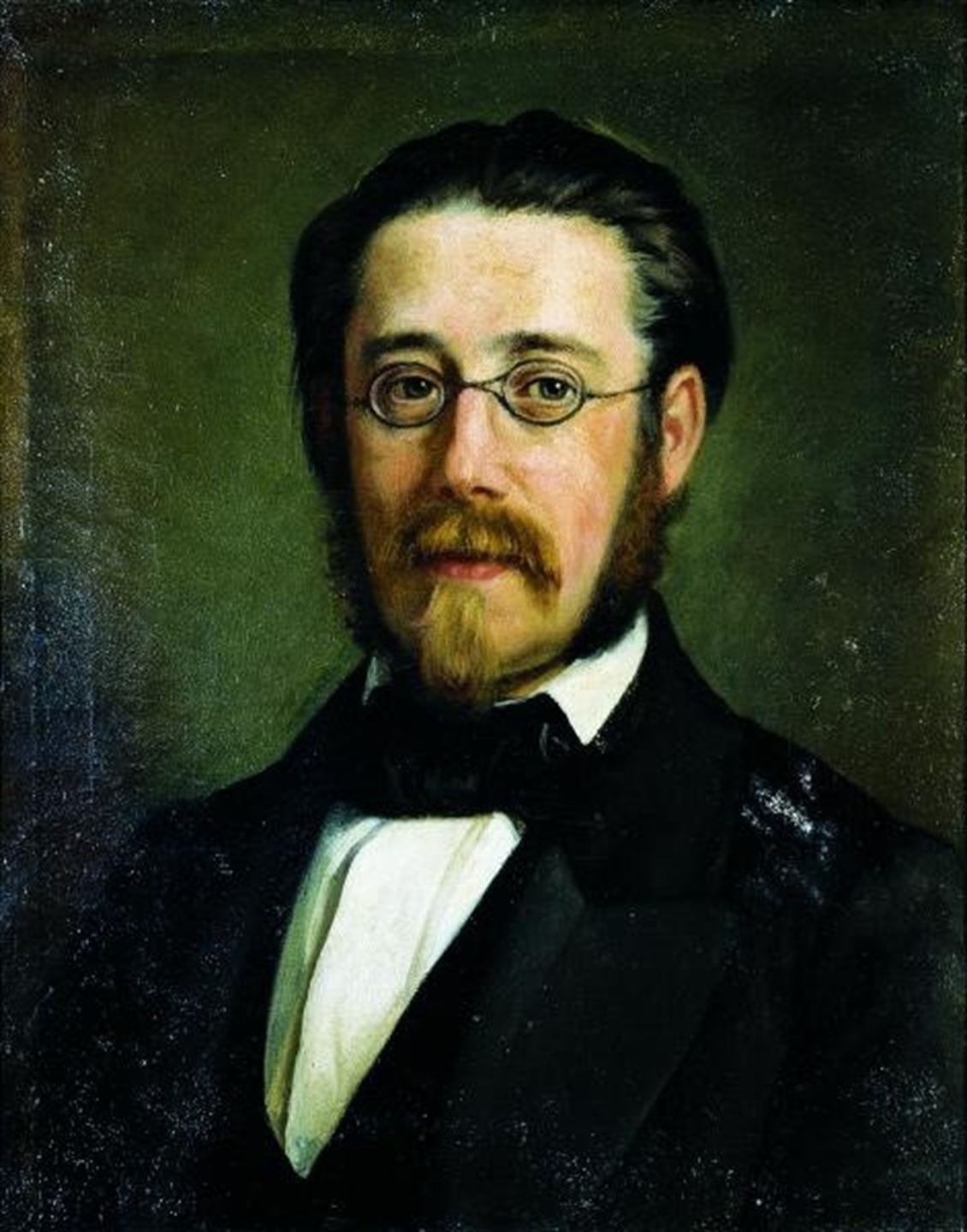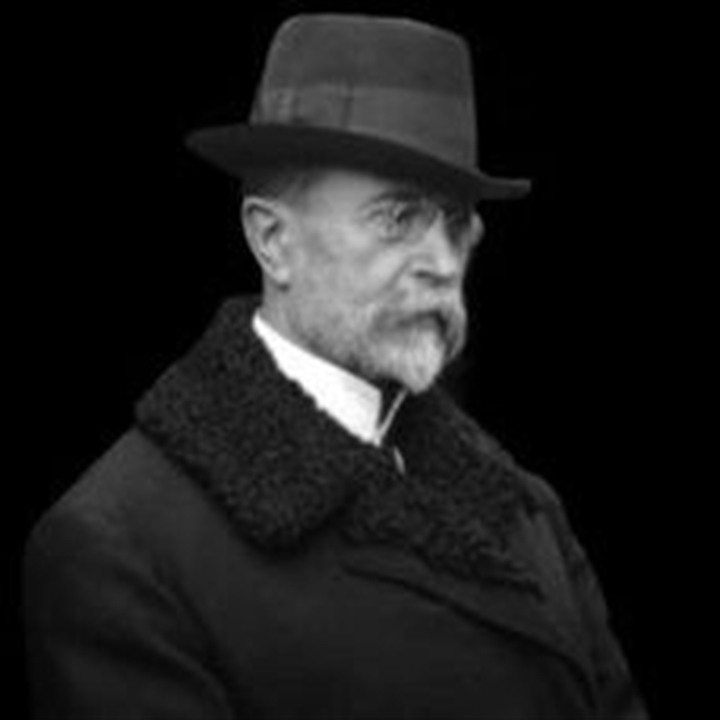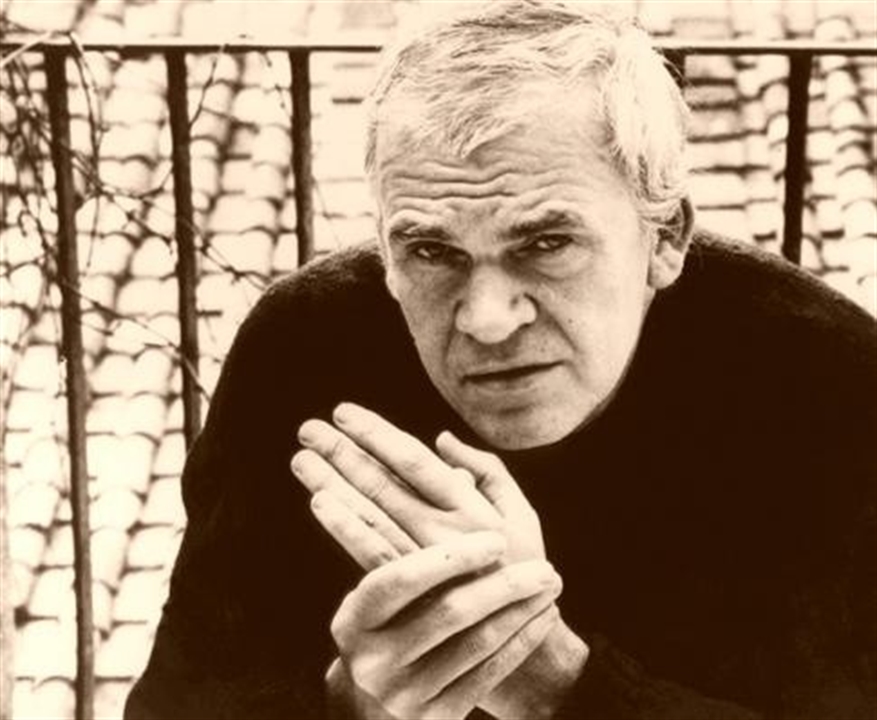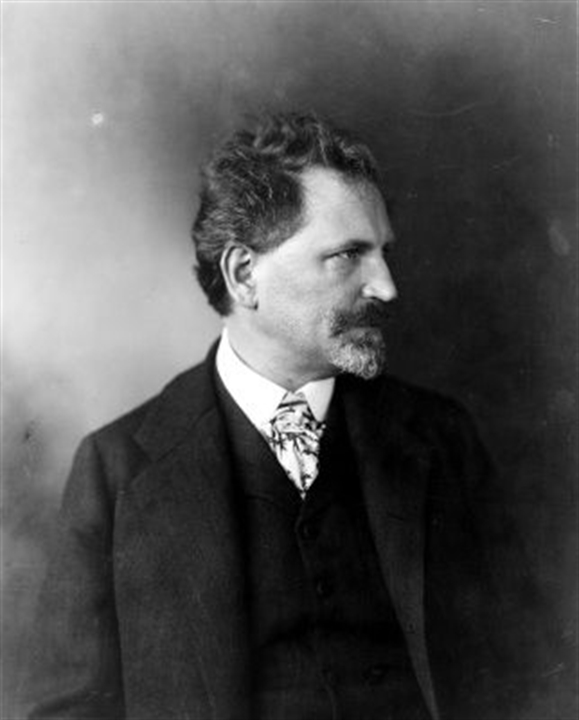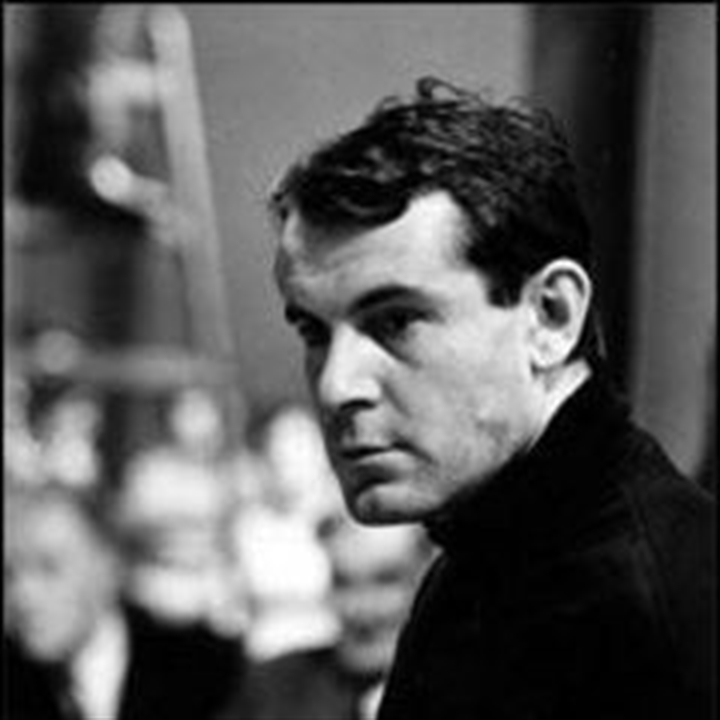Bedřich Smetana (1824 – 1884)
Bedřich Smetana was a significant Czech composer who is considered to be the founder of modern Czech national music. With his work he significantly influenced further generations of Czech music composers. Bedřich Smetana was born in Litomyšl in a relatively rich family of a brewer and from an early age he was engaged in music, especially in piano playing and composition. From 1843 Smetana lived in Prague where he studied composition with Josef Proksch and after that he worked as a concert piano player and music teacher in a piano school that he founded. Between 1856 and 1861 Smetana lived in Sweden's Göteburg where he worked as a conductor and music teacher. After returning to Prague he was actively involved in social and cultural life. The work of Bedřich Smetana can be assigned to the period of neo Renaissance. The most important aspect of the Neo Renaissance period were operas and symphonies, but especially in the first phases of his creative period, Bedřich Smetana also composed many piano pieces. Altogether he wrote eight complete operas, the most famous of which is Prodaná Nevěsta (The Bartered Bride) considered to be a prototype of Czech national opera. His other famous compositions comprise the series of symphonic poems Má Vlast (My Fatherland) and the string quartet Z Mého Života (From My Life). From 1870 the composer's health started to deteriorate and Smetana became completely deaf when he was fifty years old. However, he composed many of his great compositions in this period. After his death Bedřich Smetana was buried in the Vyšehrad cemetery in Prague. You can find out more about his life and work in the Bedřich Smetana Museum in Prague.
